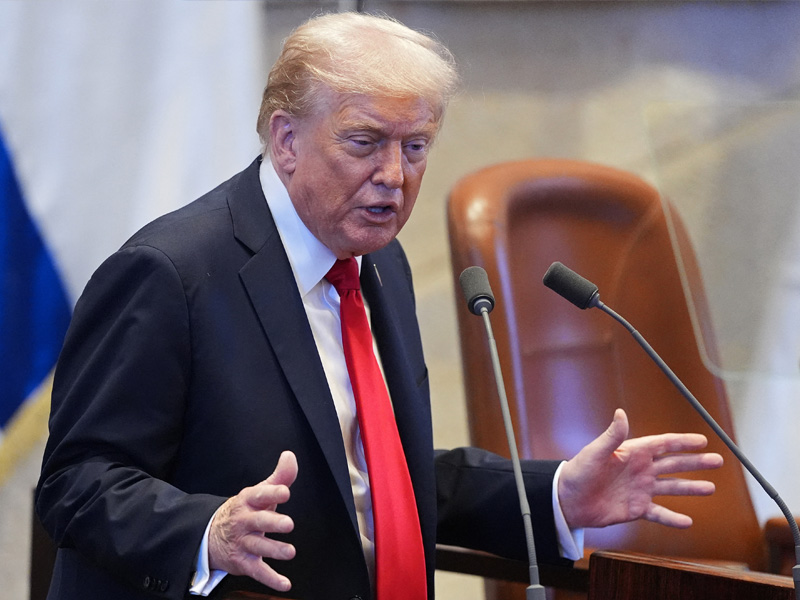
President Donald Trump has granted pardons to Rudy Giuliani, Sidney Powell, and dozens of other allies accused of attempting to overturn his 2020 election defeat, according to the US Justice Department. The decision, announced on Monday, is largely symbolic, as it does not apply to any state-level charges.
In a proclamation dated Friday, Trump described the mass pardons as an effort to “end a grave national injustice” and “continue the process of national reconciliation.” The statement was posted on X by Ed Martin, who leads the Justice Department’s “weaponisation group,” a body created to review allegedly politically motivated prosecutions.
The pardons come amid the Justice Department’s ongoing scrutiny of Trump’s and his supporters’ attempts to submit false slates of electors in key battleground states following his 2020 loss to Joe Biden. None of the individuals involved in the alleged “fake electors” plot were federally charged, though several states — including Arizona, Georgia, Wisconsin, and Nevada — opened separate investigations.
The sweeping list of 77 pardons includes several high-profile figures close to Trump, such as former White House Chief of Staff Mark Meadows, former Justice Department official Jeffrey Clark, and Trump lawyers John Eastman, Christina Bobb, Kenneth Chesebro, and Boris Epshteyn. Trump himself was not among those pardoned.
Trump had previously faced federal indictment over the alleged scheme to overturn the 2020 results, but the case was dismissed last year after prosecutors cited Justice Department policy against charging a sitting president.
White House Press Secretary Karoline Leavitt defended the move, saying the pardons reaffirm the “right to challenge elections — a cornerstone of democracy.”
Although Trump’s latest pardons sparked widespread debate, the White House has yet to release an official list of names beyond those identified in the proclamation circulating online.
Melissa Enoch



